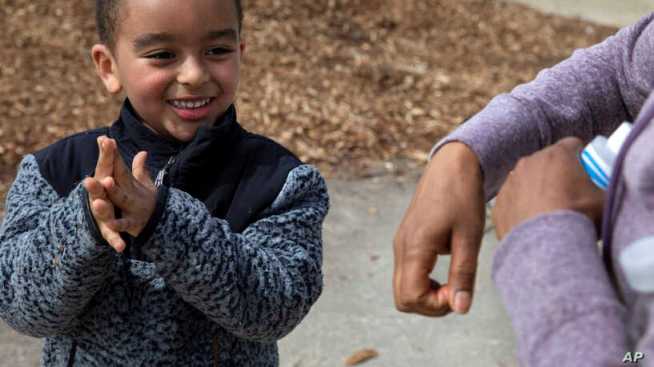Declaración del Representante Magaziner sobre su visita al Centro de Detención Wyatt

US Virus Outbreak Return to Play
US to Study Infection Rate of COVID-19 in Children
VOA News
The National Institutes of Health (NIH) confirmed Monday that a study to help determine the infection rate of COVID-19 in U.S. children and their families has begun enrolling participants.
The study, called “Human Epidemiology and Response to SARS-CoV-2” or HEROS, is entirely government-funded and sponsored by the National Institute of Allergy and Infectious Diseases, which is part of the NIH. It will attempt to assess what percentage of children infected with SARS-CoV-2, the virus that causes COVID-19, develop symptoms of the disease.
The HEROS study will also seek to determine whether rates of the viral infection vary between children with allergic conditions or asthma and those without.
“One interesting feature of this novel coronavirus pandemic is that very few children have become sick with COVID-19 compared to adults,” said Dr. Anthony Fauci, NIAID director.
Fauci said the study will determine whether the reason that children, on average, are less likely to become sick with COVID-19 is that they are resistant to infection or because they are infected but do not develop symptoms.
Six thousand people from 2,000 U.S. families from 11 cities already participating in pediatric research studies will soon be enrolled in the new HEROS study, according to the NIH. The study team is expected to follow these families remotely for six months to ascertain who gets infected with the virus, and whether the virus is transmitted to other family members and which family members with the virus end up developing COVID-19.
“So far, data on the extent of SARS-CoV-2 infection in the U.S. population have been limited to people who physically interact with the healthcare system: those who are tested – especially those who test positive – and those with severe disease,” said the leader of the HEROS study, Dr. Tina V. Hartert.
She believes that the data gathered by the study will help fill this knowledge gap and provide more information on how to inform public health interventions.

